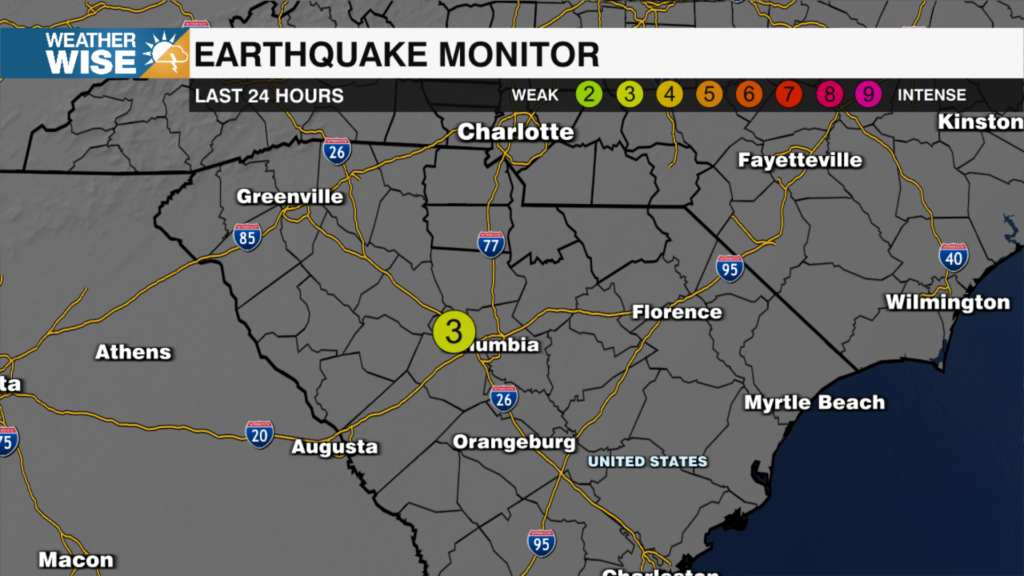CALDWELL COUNTY, NC — Health officials announced Thursday that two cases of Pertussis, also known as whooping cough, were confirmed earlier this week.
Officials say the patients who were diagnosed are being treated, and anyone who may have come in close contact with either patient is being notified.
“It is very important to be tested for pertussis if someone has the signs and symptoms. Pertussis can be a more serious infection among infants and young children. It can be fatal, especially in babies under 1 year of age”, says Dr. Mark Picton, Medical Director, Caldwell County Health
Department.
The Caldwell County Health Department released the following information regarding Pertussis symptoms, treatment, and prevention:
Pertussis is an infection that affects the airways and is easily spread from person to person by coughing or sneezing. It causes a severe cough that can last for weeks or months, sometimes leading to coughing fits or vomiting. Anyone can get pertussis, but it can be dangerous for infants and people with weakened immune systems. Family members with pertussis can spread it to newborns.
Caldwell County Health Department urges the community to be aware of possible symptoms. At first, symptoms are typically mild, including runny nose, low-grade fever and occasional cough. Infants may also have a pause in their breathing, known as apnea.
After one to two weeks, symptoms can worsen to include:
- Severe coughing spells, followed by a high-pitched “whoop” sound when a breath is taken
- Throwing-up after coughing fits, especially in young children
- Feeling very tired after coughing fits
People who are experiencing symptoms should limit contact with others and should seek medical care. Doctors may do a lab test to see if a person has pertussis and can prescribe antibiotics as treatment for those who are sick or can give them to people who have been exposed but who have not become ill. If someone has had possible contact with pertussis, monitor for signs and symptoms.
Those at high risk are, but not limited to:
- Infants and women in their 3rd trimester of pregnancy
- All persons with pre-existing conditions that may be exacerbated by pertussis infection
- Contacts who themselves have close contact with either infants under 12 months, pregnant women or individuals with pre-existing health conditions at risk of severe illness or complications
- All contacts in high-risk settings that include infants ages <12months or women in the 3rd trimester of pregnancy
The best protection against pertussis is vaccination. Make sure your family’s vaccinations are up-to-date. Protection against pertussis from the childhood vaccine, DTaP, decreases over time.
Older children and adults, including pregnant women (starting at 20 weeks or greater), should get a pertussis booster shot called “Tdap” to protect themselves and infants near or around them. If you need the Tdap vaccine, contact your doctor or call Caldwell County Health Department to
find a vaccine provider near you.
“We urge individuals to contact us or their healthcare provider if they become ill or their children experience symptoms of pertussis and get their immunizations up-to-date,” says Joshua Swift, Health Director.
More information can be found on the Center For Disease Control’s website by clicking here.




